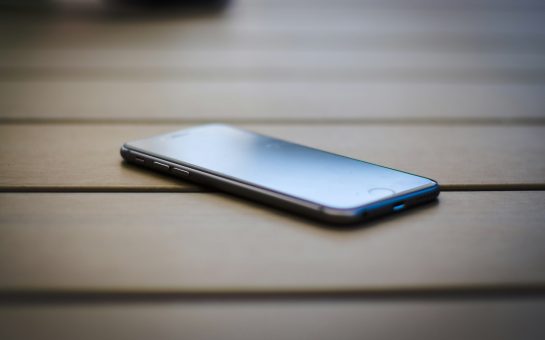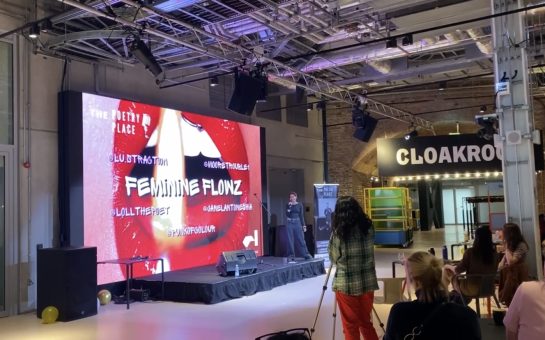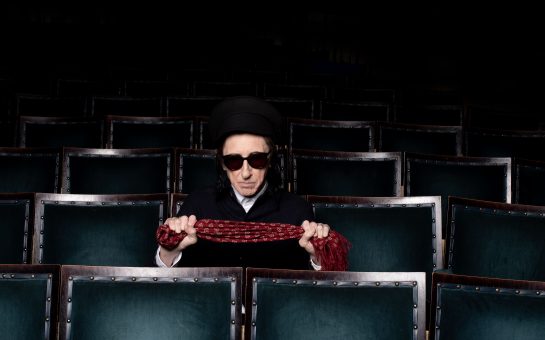It isn’t often you get to speak to a wizard of words: Lemn Sissay MBE is just that.
Born in May 1967, Lemn grew up in an environment that didn’t reflect him.
He was a British-Ethiopian boy growing up surrounded by racial tensions as he transitioned into adulthood, which accumulated in the Moss Side riots of ’81.
It was a time of hostility, a sense of otherness, that if you didn’t look a certain way, then for some, you didn’t have a right to belong.
Stand in this great city
And say I belong here, I belong
I read back the words from ‘Inspire and be Inspired,’ a poem he wrote to commemorate becoming chancellor of the University of Manchester.
“Thank you, thank you,” Lemn says raising his hands in a namaste of gratitude.
“That’s beautiful for me to hear because they are my words, that I put out, and now you have brought them back to me.”
His latest book ‘My Name is Why?’ shares the tale of him growing up in Wigan, within the harshness of the British care system that denied him his name.
Lemn only came to know of his name aged 15, he learnt that it meant ‘why.’
Manchester is where he found answers to this question and forged an identity for himself.
“One of the greatest things about Manchester is that you can grow as an artist and as a human being.”
He regards it as the place where he learnt to fly, to heal, and now the city beholds him.
His poems are captured around the city in the most unexpected of places.
I ask him what Manchester means to him, “It’s a place of characters and character,” he says.
People and institutions are looking for him to guide them when racial tensions are high after the unjust killings of Breonna Taylor, George Floyd earlier this year reignited the #BlackLivesMatter movement, and an international calling for accountability and an end to institutional racism.
“If there is one thing that I have learned through being hurt is that I don’t want to hurt other people, some people are trying their best. On all sides of this issue, he says.
“I see the good in people and believe that we are trying our best to be our best.
“People are trying to listen even if they are finding themselves to be hard of hearing. I think we need to be kind to each other.
“We should look across our boardrooms and ask how many people of colour are here?
“It’s really simple, all it is, is a better representation, all the time, everywhere.
“That goes not just for race, you can learn a lot from race but there are things beyond that; sexuality, disability, gender, and class…
“The beauty of identity is we can be so many things, I can be black, I can be British, I can be Ethiopian, I can be a poet.
“We can be whoever or whatever we choose to be.”



